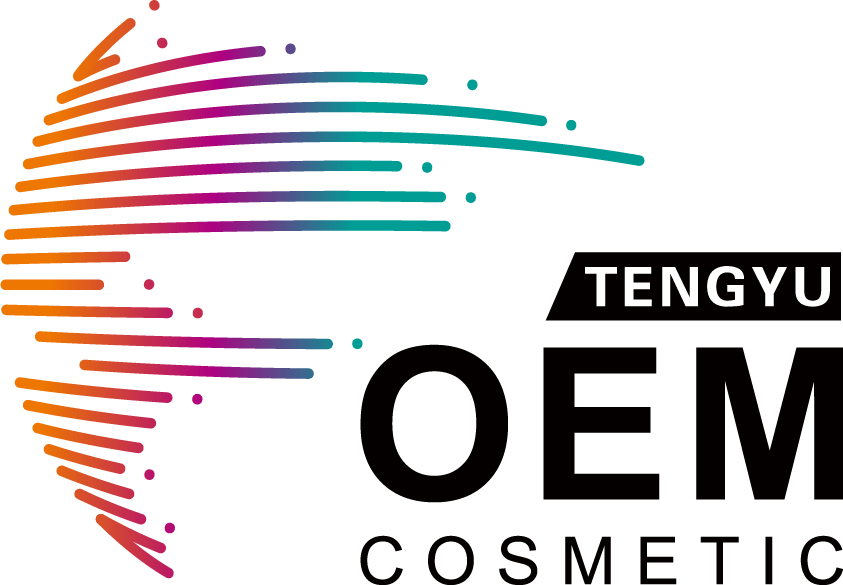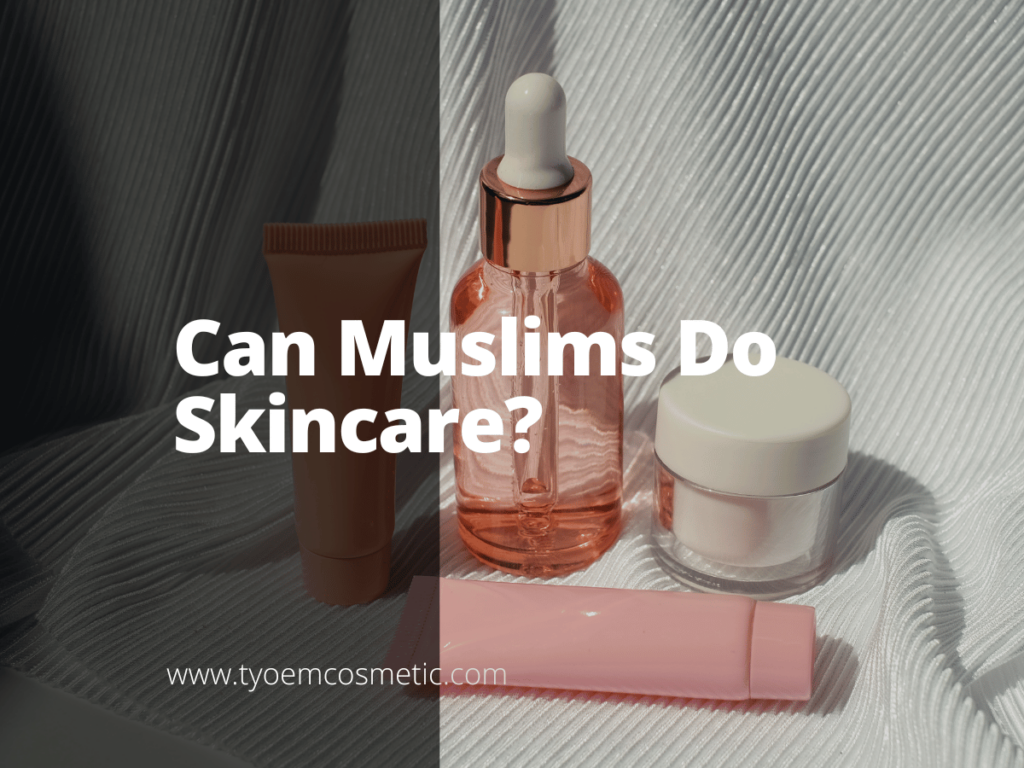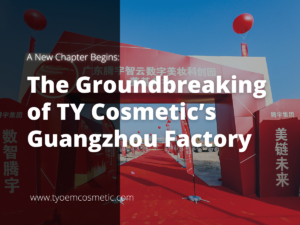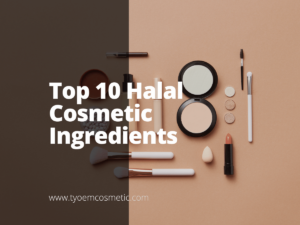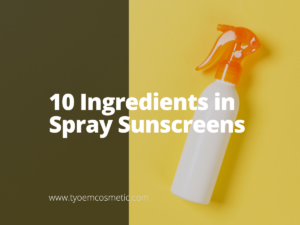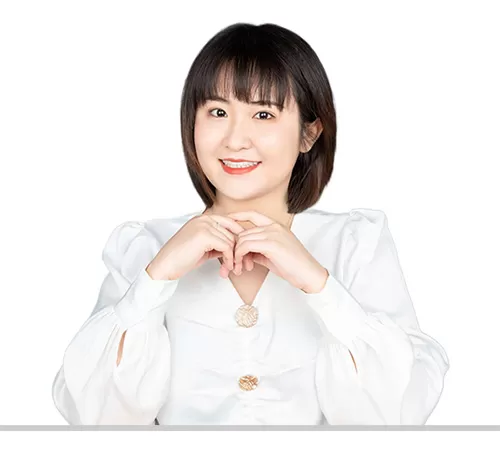Introduction
Can Muslims participate in skincare routines? Absolutely. Like anyone else, Muslims can and do engage in skincare practices that are aligned with their cultural and religious values.
With extensive experience in the skincare industry, I offer informed insights and tailored advice. My guidance is based on thorough research and direct industry involvement.
In the following sections, we’ll explore how skincare products can comply with Halal standards and what considerations should be taken into account.
Discover how these insights can benefit your business!
1. Understanding Muslim Skincare
Muslim skincare involves more than just selecting products; it encompasses understanding the specific cultural and religious guidelines that govern product usage. With a growing demand for Halal-certified products, the opportunity for businesses in this sector is significant. I think you’ll agree with me when I say that adapting product lines to meet these standards can significantly expand your market reach.
Moreover, the process of certifying products as Halal isn’t just a regulatory formality; it’s a commitment to quality and ethical standards that resonate deeply with Muslim consumers. This alignment not only enhances brand perception but also builds trust. And the best part is, this trust translates into loyal customer relationships and broadens your appeal across diverse markets.

2. Cultural Variations in Muslim Skincare Practices
Building on our understanding of Muslim skincare, it’s clear that cultural variations significantly influence product preferences. Here are some key considerations for businesses looking to cater to this diverse market:
Southeast Asia
In Southeast Asia, the humid climate shapes skincare preferences among its 240 million Muslim consumers, according to DKSH. The demand for halal beauty products is on the rise, with a preference for lightweight, non-greasy products that offer hydration without heavy oils. This trend presents a significant opportunity to develop specialized products tailored to these environmental needs.
Middle East
In the Middle East, there’s a high demand for luxury skincare products that include sun protection and anti-aging benefits. Consumers value sophisticated formulations that combine tradition with advanced technology. This is important because offering products that align with these preferences can set your business apart in a competitive market. The best part? It shows respect and understanding of regional nuances.
Western Markets
In Western markets with significant Muslim populations, there’s an increasing demand for organic and vegan skincare products that are also Halal-certified. These consumers often seek transparency in ingredient sourcing and manufacturing processes. TY Cosmetic recognizes that catering to this need can not only expand your customer base but also enhance your brand’s reputation for ethical practices.
Here is a table providing an overview of how Western markets with significant Muslim populations are showing increasing demand for Halal-certified, organic, and vegan skincare products.
| Country | Percentage of Muslim Population | Interest in Halal Products | Demand Trends for Organic/Vegan Skincare | Potential Impact on Brand |
| USA | 1% | Moderate | High demand for organic products | Positive brand recognition |
| United Kingdom | 4.40% | High | Growing interest in vegan and organic | Increased market share |
| France | 8.80% | High | Strong demand for transparency in ingredients | Enhanced customer trust |
| Germany | 5% | Moderate to high | Rising interest in ethical products | Brand differentiation |
| Canada | 3.20% | Moderate | High interest in cruelty-free products | Expansion of customer base |
3. Common Skincare Ingredients and Islamic Law
Following our exploration of cultural variations in skincare, it’s essential to identify ingredients that align with Islamic law for Halal certification. Here are some Halal-approved ingredients commonly used in skincare:
- Fatty Alcohols: Unlike ethyl alcohol, fatty alcohols such as cetyl, stearyl, and cetearyl alcohol are derived from vegetable sources and are permissible in Halal skincare. These ingredients are excellent emollients and help to stabilize formulations.
- Vegetable Glycerin: Glycerin sourced from vegetable oils is a preferred moisturizing agent in Halal skincare. It attracts moisture to the skin without any animal-derived components, ensuring both efficacy and compliance with Halal standards.
- Marine Collagen: To avoid the use of animal-derived collagen, marine collagen from fish is a great alternative. It’s rich in amino acids and is easily absorbed by the skin, making it a popular choice for anti-aging and reparative skincare formulations.
- Plant-Based Squalane: Derived from olives or sugar cane, plant-based squalane is a highly effective emollient and antioxidant. It mimics the skin’s natural oils, providing exceptional hydration and barrier protection, all within the bounds of Halal requirements.
- Mineral-Based Ingredients: Ingredients like zinc oxide and titanium dioxide are mineral-based and widely used in Halal skincare products, particularly sunscreens. They provide physical UV protection without any animal-derived or potentially harmful chemical ingredients.
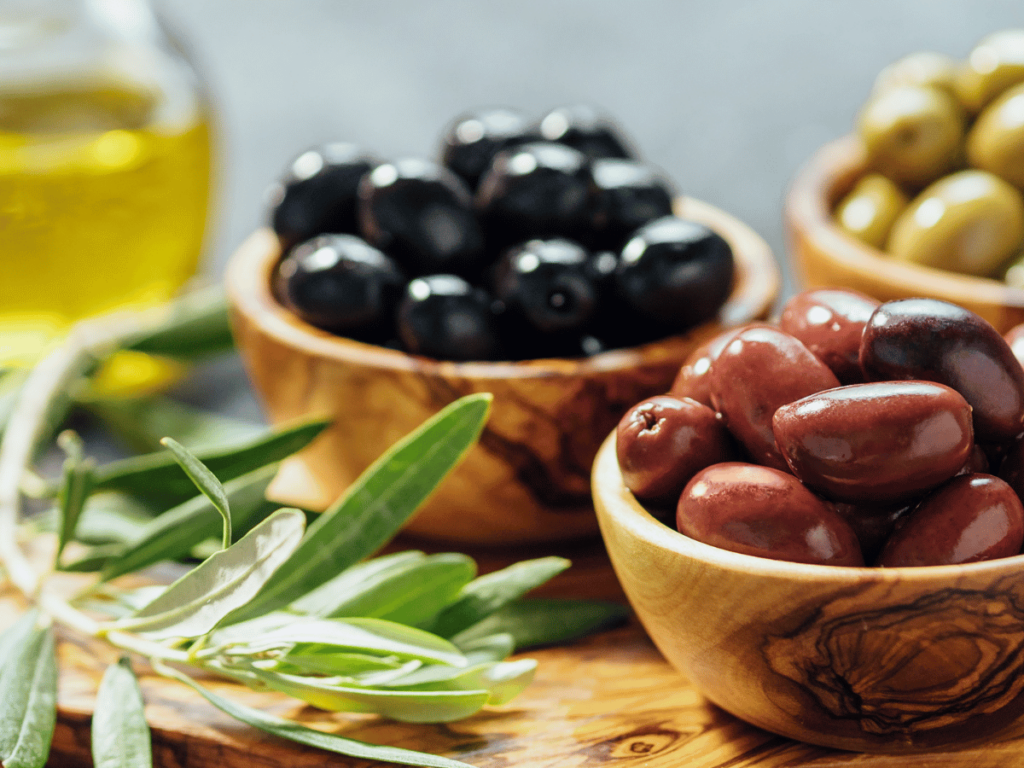
4. Certification of Halal Skincare Products
As we delve into the specifics of Halal skincare ingredients, ensuring these products are certified by recognized authorities is crucial for market credibility. Here are three notable Halal certifications that businesses should consider:
Islamic Services of America (ISA)
Islamic Services of America provides comprehensive Halal certification that is recognized globally. They ensure that all aspects of production, including sourcing and processing, adhere to strict Halal standards. For businesses, obtaining ISA certification not only boosts product credibility but also opens doors to markets in North America and beyond.
Halal Certification Europe (HCE)
Halal Certification Europe is renowned for its stringent evaluation processes, ensuring that products meet the Halal requirements prevalent across European markets. This certification is crucial for companies aiming to establish or expand their presence in Europe. I know you will agree that it assures consumers that products are free from any non-Halal components and align with local consumer values and legal standards.
Majelis Ulama Indonesia
Majelis Ulama Indonesia (MUI) is the foremost Halal certification authority in Indonesia. It certifies that products, including skincare, meet strict Halal standards as prescribed by Islamic law. The certification process involves comprehensive evaluations of ingredients and manufacturing processes. TY Cosmetic’s MUI certification is widely recognized and respected, assuring the Halal integrity of its products.
5. Daily Skincare Routines for Muslims
Following the acquisition of Halal certifications, it’s crucial to understand how these certified products can be incorporated into daily routines. Here are step-by-step skincare processes tailored for Muslim consumers:
Step#1 Morning Cleanse
Starting the day with a gentle cleanse helps remove any impurities accumulated overnight and refreshes the skin for the day ahead. For instance, it’s essential to use a mild, hydrating cleanser that maintains the skin’s natural moisture barrier. TY Cosmetic suggests that products that are free from harsh ingredients and are Halal-certified give consumers peace of mind and ensure a soothing start to their skincare routine.]
Step#2 Hydration and Protection
After cleansing, applying a hydrating toner can help restore the skin’s pH balance and prepare it for further treatment. Follow this with a moisturizer that suits the skin type and climate. Don’t forget the sunscreen—choosing a Halal-certified product that provides broad-spectrum UV protection is crucial for preventing skin damage and maintaining healthy skin.
Step#3 Evening Cleanse and Treatment
In the evening, the focus should be on removing makeup, dirt, and pollutants that have built up throughout the day. An effective Halal-certified makeup remover or oil-based cleanser can perform this task gently without stripping the skin of its natural oils. Post-cleansing, applying a treatment product such as a serum targeted at specific skin concerns like hydration, anti-aging, or brightening, can work wonders overnight.
Step#4 Nighttime Moisturization
To lock in the treatment and support skin regeneration, a good night cream or an overnight mask is ideal. These products are typically richer and provide intensive moisture and nutrients while you sleep. Opting for products that are not only effective but also Halal-certified ensures adherence to religious standards while caring for the skin.
6. Challenges Facing Muslims in Finding Suitable Skincare
After detailing the daily skincare routine ideal for Muslim consumers, it’s critical to address the obstacles they often face in finding suitable products. Here are the major challenges:
Limited Availability of Halal-Certified Products
Despite growing demand, the availability of Halal-certified skincare products can still be limited, especially in regions with smaller Muslim populations. This scarcity can make routine skincare a challenge. Businesses have a significant opportunity here: expanding your range to include certified products could meet an underserved demand and build a loyal customer base.
Lack of Transparency in Ingredient Sourcing
Many consumers find it difficult to obtain detailed information about the sourcing and processing of ingredients, which is crucial for ensuring products meet Halal standards. Enhanced transparency can build trust and loyalty among Muslim consumers who are particularly vigilant about the compliance of their skincare items.
Cultural and Regional Differences
Muslim consumers are not a monolithic group; they have diverse needs based on their regional and cultural contexts. For instance, what works for consumers in Southeast Asia may not be suitable for those in the Middle East or Western countries. Understanding and addressing these nuances is key to effectively serving this market.
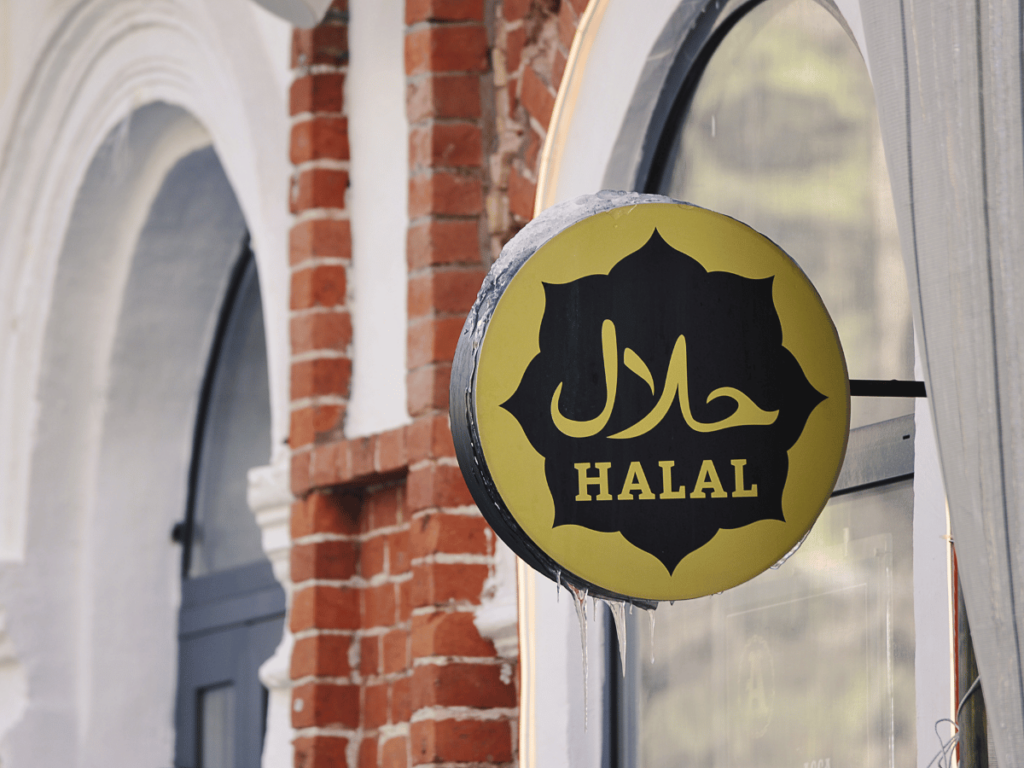
7. 4 Practical Skincare Tips for Muslims
Recognizing the challenges Muslims face in sourcing suitable skincare products, let’s now provide practical skincare tips that align with Islamic practices and preferences. Here are essential factors to consider:
#1 Choose Non-Alcoholic Formulations
Muslims should look for skincare products that do not contain alcohol, particularly those types that are considered Haram (forbidden). Alcohol is commonly used in toners and cleansers, but there are many effective alternatives that use natural ingredients to achieve similar results without compromising religious principles. Businesses that offer alcohol-free versions highlight their commitment to inclusivity.
#2 Opt for Simple, Natural Ingredients
Natural ingredients tend to have fewer concerns regarding Halal compliance and are generally gentler on the skin. Consumers should prioritize products with straightforward, recognizable ingredient lists. This practice not only aligns with Halal principles but also supports skin health by minimizing exposure to potentially irritating chemicals. Now, this is important: simplicity in ingredients can lead to better overall skincare outcomes.
#3 Understand the Importance of Moisturizing
Proper hydration is crucial for maintaining healthy skin, especially for individuals who perform ablutions multiple times a day, which can dry out the skin. Look for hydrating ingredients like hyaluronic acid, glycerin, or plant-based oils that are effective in locking in moisture. Ensuring these ingredients are Halal-certified will keep the skincare routine in line with religious practices.
#4 Incorporate Sun Protection
Protecting the skin from harmful UV rays is essential, regardless of religious beliefs. Muslims should seek out sunscreens that are Halal-certified and avoid formulations containing ingredients like oxybenzone and octinoxate, which can be controversial both from a health and a Halal perspective. Instead, opting for mineral-based sunscreens that can offer effective protection and compliance with Halal standards.
Dive Deeper Into Our Resources
For some insightful reads, we’ve curated a list of recommended articles just for you:
Still haven’t found what you’re looking for? Don’t hesitate to contact us. We’re available around the clock to assist you.
Conclusion
Throughout this discussion, it’s clear that Muslims can indeed maintain a comprehensive skincare regimen that aligns with their religious values. TY Cosmetic is at the forefront of providing Halal-certified skincare products that cater to these specific needs, ensuring quality and compliance without compromise.
This article outlined how businesses can approach the Muslim skincare market effectively, highlighting the importance of Halal certification and tailored product offerings. If you’re looking to expand your product line or explore the benefits of Halal skincare, contact us today.
